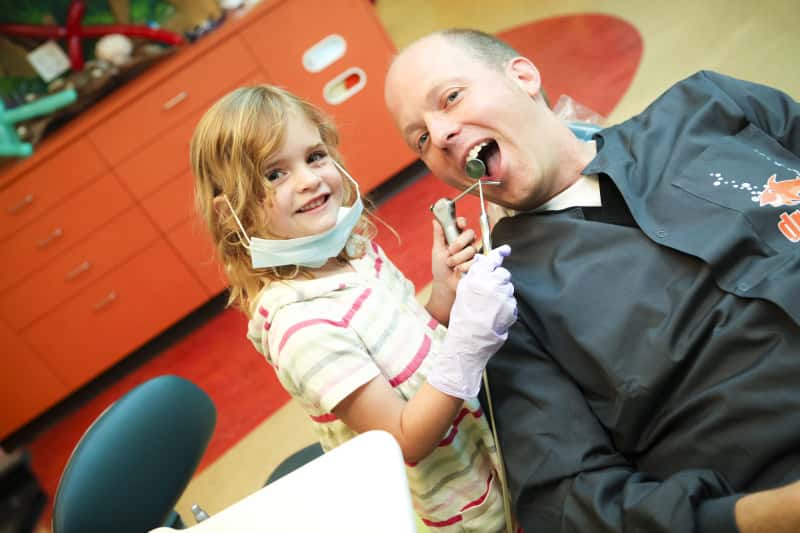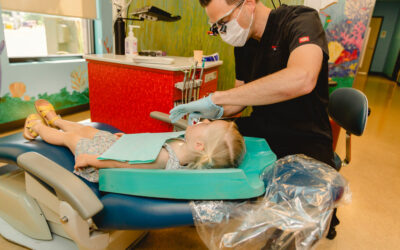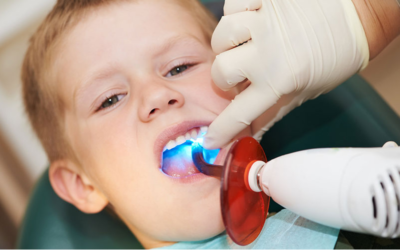Are Some Kids Prone to Getting More Cavities than Others?
It’s common knowledge that cavities are a universal annoyance, but Are Some Kids Prone to Getting More Cavities than Others?
According to Scientific American, about 97% of people will experience at least one cavity in their lifetimes—and kids are especially susceptible, often due to a lax attitude on dental hygiene. However, it seems that some children are much more prone to getting cavities than their peers, even if they practice the same dental regimen. Are some kids more likely to get more cavities than others?

In short, yes. However, there are a number of factors, both physiological and those passed down from family members, that contribute to this disparity. These factors include:
Tooth Morphology
Children have grooves in their adult molars, and the deeper the grooves, the better breeding ground for decay. A deep groove in the tooth gives food and anaerobic bacteria a nice place to set up camp, safe where a toothbrush’s bristles can’t reach. This consequently causes decay—in fact, 84% of the cavities that kids get are in the grooves of their teeth. There is a treatment for this issue, however: dental sealants have been found to protect the areas in the grooves from decay, so discuss this option with your child’s dentist if necessary.
Salivary flow
When a child has less saliva in his or her mouth than a peer, that child is at a higher risk for cavities. A natural debridement, saliva helps to clean teeth surfaces of harmful bacteria and acids, therefore lowering the risk of tooth decay.
Familial Colonization
Children are not born with dental caries (i.e., the process of acid demineralization of the teeth due to the introduction of biofilm), but studies have shown that parents (most often mothers) tend to pass on harmful oral bacteria to their babies and toddlers by letting their children use the adult’s toothbrush, for example, or by using the same spoon as the child repeatedly. Additionally, the more cavities a family member has, the more likely they are to pass along harmful bacteria. When a child’s mouth is then colonized with the germs, they are susceptible to cavities in their baby, and permanent teeth as well as pain and difficulty eating throughout their lives
Considering the overwhelming role that these factors have on the likelihood of cavities in some children but not others, it is easier to understand that 80% of cavities occur in just 25% of children—and why some kids who never brush and eat lots of candy often have few or no cavities.
Pediatric and Orthodontic care at Adventure Dental
From your child’s first visit to regular checkups and orthodontic treatment, Adventure Dental makes going to the dentist and orthodontist fun for kids and adults! for more information or to schedule a complimentary consultation.
Call for an appointment with Adventure Dental today at (360) 604-9000



